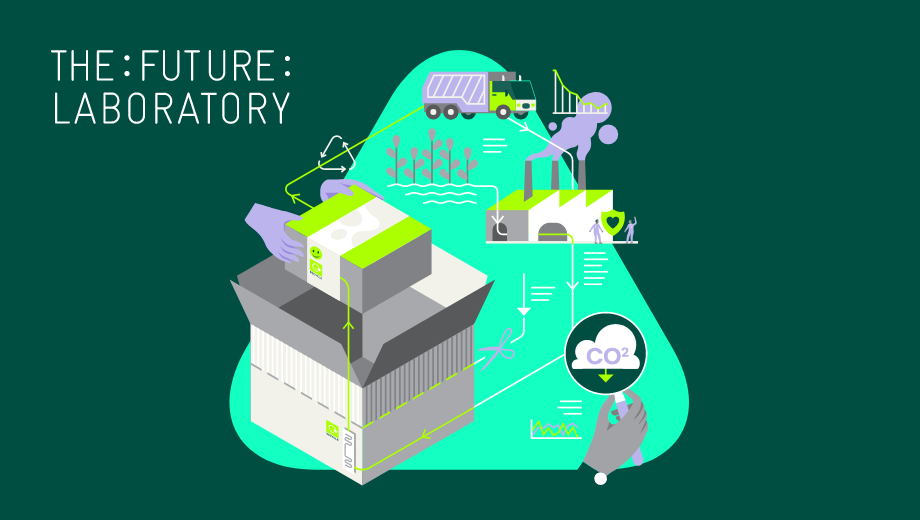What do leaders need to know about their business?
1. Quantifying the current situation
Management needs a meticulous overview from raw material to end of life. At the start of the product life cycle this must include a review of resource consumption and waste and emissions during production. In the distribution phase, this should include carbon emissions tied to transportation and during a product’s active life any relevant energy use, emissions reduction or other environmental information. Many industries still operate on the linear model and are in the dark on their products’ end-of-life phase. Leaders need to measure the proportion of recycling or repurposing practices.
2. Instant visibility and transparency
Companies need an uninterrupted view of their active environmental performance. Live, real-time data helps ensure they are instantly alerted to any deviations from set environmental standards or unexpected consumption patterns. AI-driven analytics can complement this by continuously interpreting the incoming data, keeping firms informed of their current environmental performance - a real-time feedback loop for leadership to make timely adjustments.




